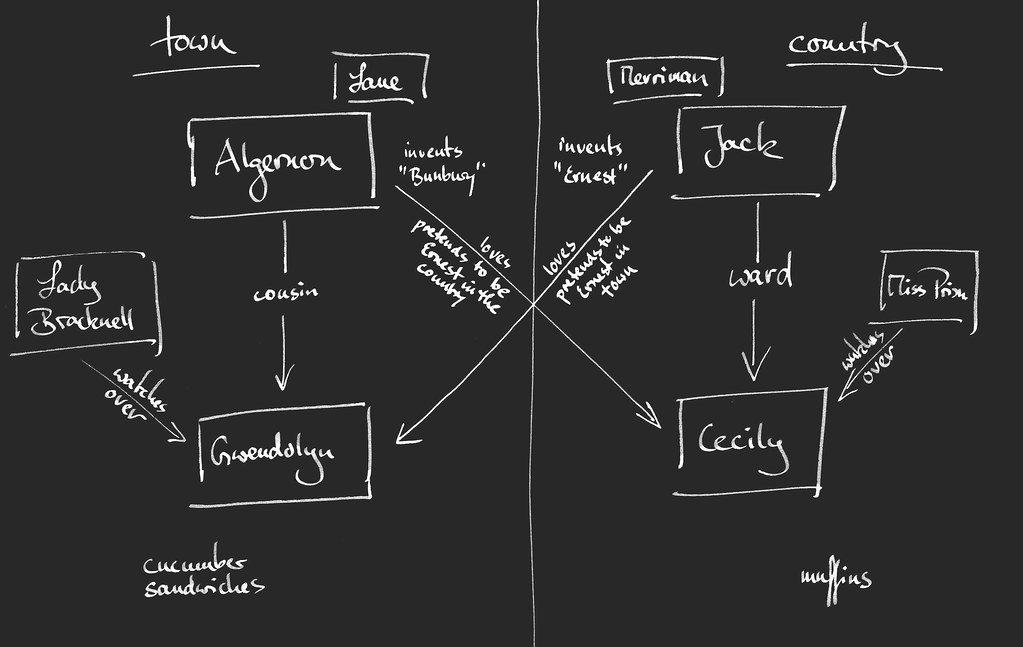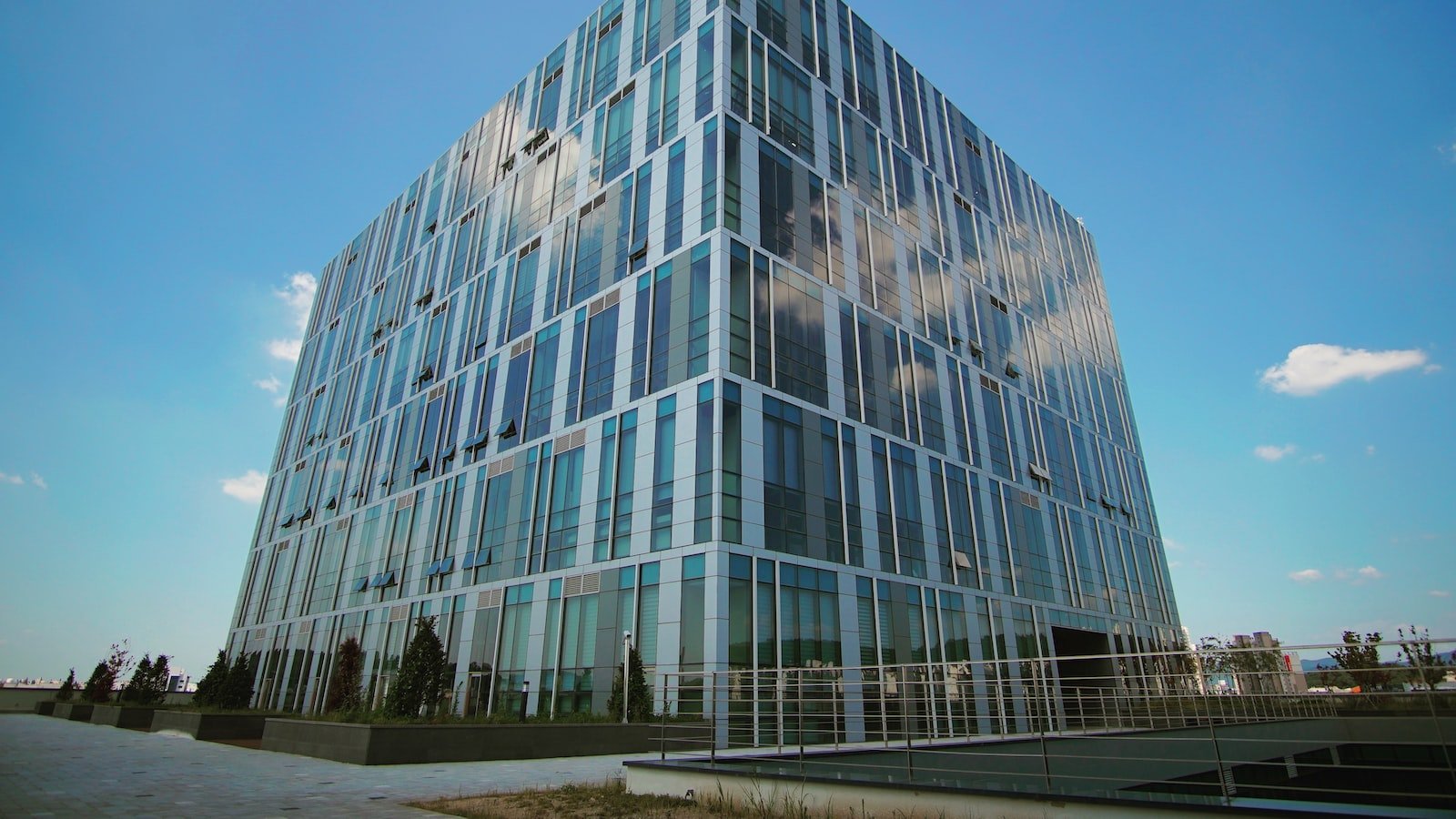In the realm of fitness, there are few things as simultaneously impressive and daunting as a strong, powerful back. Picture a sculpted figure with muscles rippling like a majestic landscape. While this might seem like an unattainable dream for many, fear not, for we are here to present a simple, yet astonishingly effective solution. Welcome to the realm of deadlifts and rows, two timeless exercises that will guide you back to the very fundamentals of strength training. Get ready to embrace the basic elements of a strong back as we break down these exercises, step by step, unleashing your inner strength with a neutral, creative touch.
1. The Importance of Strengthening Your Back: Exploring the Benefits of Deadlifts and Rows
The Benefits of Deadlifts and Rows in Strengthening Your Back
When it comes to building a strong and resilient back, incorporating deadlifts and rows into your workout routine is essential. Not only do these exercises target various muscle groups in your back, but they also offer an array of benefits that go beyond just physical strength.
1. Enhanced Posture: Deadlifts and rows engage the muscles responsible for maintaining correct posture, including the erector spinae and rhomboids. Regularly performing these exercises can help improve your posture, reducing the likelihood of developing back pain and promoting an upright and confident stance.
2. Increased Functional Strength: Deadlifts and rows are compound movements that activate multiple muscle groups simultaneously, providing a substantial boost to your overall strength. By regularly challenging your back muscles with these exercises, you’ll notice improved performance in everyday activities like lifting heavy objects, carrying groceries, or even playing sports.
3. Reduced Risk of Injury: A strong back is crucial for minimizing the risk of back-related injuries. Deadlifts and rows not only strengthen the back muscles but also engage the core and stabilizer muscles, promoting better stability and reducing the strain on your spine during various movements. Incorporating these exercises into your routine can significantly decrease the chances of experiencing debilitating back pain or injuries.
Incorporating deadlifts and rows into your training regimen can be incredibly beneficial for building a stronger, healthier back. Remember to always prioritize proper form and consult with a qualified trainer to ensure you’re performing these exercises correctly and safely. Take the time to challenge yourself and enjoy the multitude of benefits that come with a stronger back!

2. Understanding Proper Deadlift Technique: Form, Alignment, and Muscles Activated
Mastering the proper deadlift technique is crucial for maximizing gains and avoiding injury. This fundamental compound exercise targets a wide range of muscles, making it a key player in any strength training regimen. However, executing the deadlift with incorrect form or alignment can be counterproductive and increase the risk of harm. Here, we explore essential pointers to ensure your deadlifts are executed flawlessly, emphasizing optimal form, alignment, and the muscles activated.
Form: When performing deadlifts, maintaining the correct form is of utmost importance. Follow these guidelines to execute the exercise with precision:
- Stand with your feet shoulder-width apart and position the barbell over your midfoot, ensuring it’s as close to your shins as possible.
- Hinge at your hips, pushing your buttocks back while keeping your chest lifted and your spine neutral.
- Grip the bar just outside your knees, using an overhand or mixed grip, ensuring your arms are straight and your shoulders remain back.
- As you rise, focus on driving through your heels, extending your hips and knees simultaneously.
Alignment: Achieving proper alignment throughout the deadlift is crucial to prevent any unnecessary strain or injury. Keep the following alignment tips in mind:
- Engage your core throughout the movement, ensuring your back stays straight and flat, without rounding or excessively arching.
- Keep your head in a neutral position, looking straight ahead, which helps maintain spinal alignment.
- As you lift the bar, avoid any lateral movement or excessive twisting, keeping it close to your body as you stand upright.
- Ensure your knees track the same direction as your feet, preventing them from buckling inward or excessively moving forward.
Muscles Activated: The deadlift is a powerful compound exercise that engages several muscle groups simultaneously. These muscles include:
- Hamstrings: The muscles at the back of your thighs, responsible for flexing the knees and extending the hips.
- Glutes: The largest muscles in your buttocks, responsible for hip extension and maintaining proper alignment.
- Quadriceps: Located at the front of your thighs, they assist in extending your knees during the lift.
- Back Musculature: Engaging the erector spinae muscles, located on either side of your spine, helps stabilize your back during the movement.
- Core Muscles: The deadlift demands a strong core to stabilize your trunk and maintain good posture throughout the exercise.
By paying close attention to proper form, alignment, and the muscles engaged, you can optimize your deadlift technique, allowing for safe and effective strength gains. Remember, practice makes perfect, so keep refining your technique to reap the full benefits of this game-changing exercise.

3. Mastering the Perfect Row: Variations, Targeted Muscles, and Key Considerations
When it comes to building a strong and well-rounded upper body, mastering the perfect row is crucial. Rows are compound exercises that primarily target the back muscles while also engaging the biceps, shoulders, and core. Let’s explore the various rowing variations, the muscles they target, and key considerations for an effective workout.
Variations:
- Barbell Rows: This classic variation is performed by bending forward at the hips with a straight back, holding a barbell with an overhand grip and pulling it towards the abdomen. It emphasizes the middle back muscles, traps, and rear deltoids.
- Dumbbell Rows: With this exercise, you can isolate each side of your back individually. Begin in a split stance, place one hand and knee on a bench, and row a dumbbell towards your lower ribs. It targets the upper back and strengthens the stabilizing muscles.
- Cable Rows: By attaching a handle to a cable pulley, you can adjust the resistance and perform rows in a seated position. Cable rows provide constant tension throughout the movement, engaging the lats, rhomboids, and biceps.
Targeted Muscles:
The primary muscles targeted in rowing exercises include the latissimus dorsi (lats), rhomboids, trapezius, and erector spinae. These muscles work together to retract the scapulae, stabilize the spine, and perform the pulling motion. Additionally, the biceps, deltoids, and core muscles act as secondary movers, providing assistance in the rowing motion.
Key Considerations:
- Proper Form: Maintain a neutral spine, engage your core, and do not round your shoulders. Initiate the movement by squeezing your shoulder blades together and pulling with your elbows, avoiding excessive swinging or momentum.
- Gradual Progression: Start with lighter weights and focus on mastering the correct technique before increasing the resistance. Gradually progress by adding weight or performing more challenging variations to continually challenge your muscles.
- Vary Your Grip: Experiment with different grips, such as overhand, underhand, or wide grip, to recruit different muscles and prevent overuse injuries. Each grip variation targets the muscles from a slightly different angle, enhancing overall back development.
Remember, consistent practice and proper form are essential to mastering the perfect row. By incorporating variations, targeting specific muscles, and considering key factors, you can develop a powerful and well-defined upper body that commands attention both at the gym and beyond.
4. Building a Strong Back Routine: Incorporating Deadlifts and Rows into your Fitness Program
When it comes to building a strong back, incorporating deadlifts and rows into your fitness program is essential. These two exercises target multiple muscles in your back, helping you develop a well-rounded and powerful upper body. So, let’s dive into the details and discover how to make the most out of deadlifts and rows in your back routine.
The Mighty Deadlift
Deadlifts are the kings of all exercises for a reason. Not only do they engage your back muscles, but they also work your glutes, hamstrings, and core. Here are some key tips to get the most out of your deadlifts:
- Start with a proper warm-up to prepare your body for the intensity of the exercise.
- Ensure that your form is spot-on, as proper technique is crucial to prevent injuries.
- Gradually increase the weight as your strength improves, but always prioritize good form over heavy lifting.
- Include both conventional and sumo deadlift variations to target your back muscles from different angles.
The Versatility of Rows
Rows are another fantastic exercise for building a strong back. They primarily target your upper back, including the rhomboids, traps, and rear delts. Here’s how you can incorporate rows effectively:
- Experiment with different row variations, such as barbell rows, one-arm dumbbell rows, or cable rows, to keep your routine engaging and target different muscles.
- Focus on maintaining proper posture throughout the movement, keeping your back straight and shoulders down.
- Adjust the weight and rep range to challenge your muscles without sacrificing proper form.
- Incorporate rows into your routine at least twice a week to see significant improvements in your back strength and posture.
By incorporating deadlifts and rows into your fitness program, you’re giving your back the attention it deserves. Remember, consistency and proper form are key to achieving a strong and well-developed back. So, lace up your lifting shoes, grab a barbell or dumbbells, and get ready to take your back routine to new heights!

5. Amplify Your Training: Effective Tips and Precautions for Safely Progressing in Deadlifts and Rows
When it comes to strength training, deadlifts and rows are two essential exercises that can help you build a solid foundation. However, it’s crucial to approach these movements with caution and take the necessary precautions to avoid injury. Here are some effective tips to help you safely progress in your deadlifts and rows:
- Focus on Proper Form: Before adding weight or increasing intensity, ensure that your form is on point. Maintaining a neutral spine, engaging your core, and utilizing the right muscle groups will maximize both your performance and safety.
- Gradually Increase Weight: Rushing into heavy weights can lead to strains or sprains. Instead, focus on steady progression by gradually increasing the weight by 5-10% each week. This will allow your body to adapt and get stronger over time.
- Warm Up and Stretch: Always start your training session with a dynamic warm-up to increase blood flow and prepare your muscles for the work ahead. Additionally, incorporate targeted stretches for the muscles involved in deadlifts and rows to improve flexibility and reduce the risk of injury.
- Use Assistance Equipment: If you’re a beginner or working towards heavier loads, don’t hesitate to use lifting straps, weightlifting belts, or wrist wraps. These tools can provide additional support and stability, helping you maintain proper form and reduce strain on your joints.
Remember, safety should be your top priority when it comes to any training regimen. Deadlifts and rows are excellent exercises for building strength, but only when performed correctly and cautiously. By following these tips and listening to your body, you can amplify your training and achieve remarkable results without compromising your well-being.
To Wrap It Up
In conclusion, let us never forget the profound wisdom in the words of Sir Isaac Newton, who famously said, “If I have seen further, it is by standing on the shoulders of giants.” And indeed, when it comes to the pursuit of a strong, powerful back, the giants in question are none other than the deadlifts and rows.
As we journeyed through the realm of back strength, we discovered the transformative powers of these foundational exercises. From the ancient Greeks to the modern fitness enthusiasts, the deadlift has stood the test of time, offering unparalleled benefits in cultivating a robust back. Its ability to engage myriad muscles in harmony showcases its supreme versatility, making it a true titan among exercises.
And then, like a gentle breeze brushing against our weary souls, we encountered rows – a graceful yet formidable counterpart to the deadlift. With its elegant movements and targeted focus, rowing exercises provide a symphony of muscle engagement unrivaled by any other method. Together, these two titans combine their might, forging an indomitable path to back supremacy.
But let us not be swayed by the allure of complexity and novelty, for true strength lies in simplicity. Back to basics we go, reminding ourselves that the most effective journeys begin with fundamental steps. Embracing the beauty of deadlifts and rows, we unlock the key to unlocking our full potential. Delving into the world of these foundational exercises, we carve an unyielding path towards a powerful, resilient back – a back that will serve as the foundation of our strength, our stability, and our unwavering perseverance.
So, my dear readers, as you embark on your own odyssey of back strength, heed the call of simplicity. Embrace the beauty in the basics, for in the realms of deadlifts and rows, you shall find the keys to unlock the gates of your true potential. Together, let us step forward, hand in hand with these timeless exercises, towards a future of boundless strength and unwavering determination.




